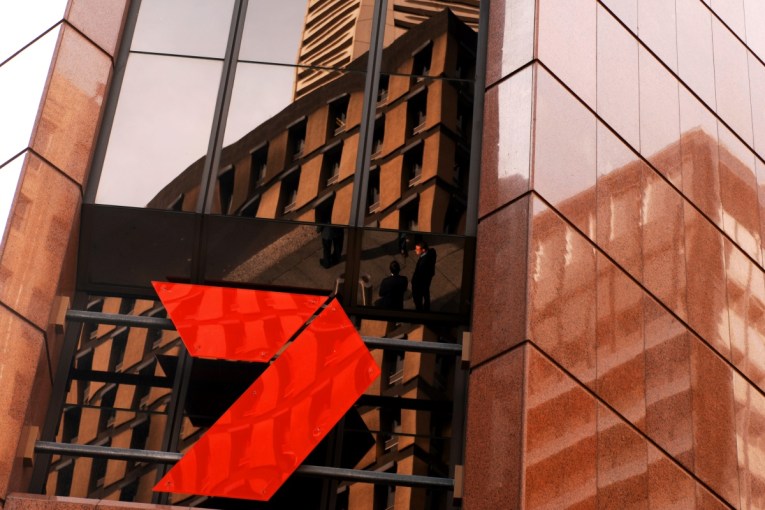Empowering abuse victims

Former Hey Dad! actor Robert Hughes was jailed for sex offences.
High profile court cases are helping to encourage victims of sexual abuse to speak up about the unspeakable things they have endured, according to experts working with survivors.
Dr Antonia Quadara, manager of the Australian Centre for the Study of Sexual Assault, has noticed an increase in the reporting of sexual violence to police in the past five years, which can be partly attributed to prominent men being brought to justice for past crimes.
Based on her research and conversations with colleagues, Dr Quadara says “there is a sense that there are more improved and more sensitive responses to victim survivors coming forward”.
Karen Willis, executive officer of Rape and Domestic Violence Services Australia, says it is “really clear” that reporting rates for sexual violence are on the rise, with offender rates holding steady, suggesting that victim survivors are being encouraged and empowered to come forward.
“I think on any measure we are seeing quite a considerable difference to what we would have seen, certainly 10 years ago, let alone 20 or 30 years ago,” Ms Willis says.
How media coverage is helping
A specialist counsellor working for a NSW government agency in the area of sexual violence, who wishes to remain anonymous, says that the media exposure of cases like the current Rolf Harris trial can have a positive impact.
“We’ve noticed historically, and certainly this is the case now, that high-profile cases being in the media often acts as a trigger for people who have been sexually assaulted to seek assistance,” says the NSW public servant.
“Such public discussion of sexual violence also lets survivors know that it is okay to talk about their own abuse.
“Just from having conversations with services around the state in NSW, both government and non-government services, certainly we are seeing that happen,” says the unnamed public servant.
The evidence suggests that the more sexual violence is held up to the light, the better, whether that be through the Royal Commission into Child Sexual Abuse or through high-profile cases such as Rolf Harris, Robert Hughes and Jimmy Saville.
“We saw Hey Dad! Now we’re seeing Rolf Harris. That’s just such a massive change in society as a whole saying we don’t care who you are, we don’t care what your position in society is, this stuff is just not on, and that’s great,” Ms Willis says.
Breaking the silence
Ms Willis says exposure is exactly what is necessary to slow the incidence of such violence, for silence only protects the offenders. But to speak out about such terrible experiences is, for all victims, an awful experience.
“It doesn’t matter if you are a man or a woman, or from a particular ethnic group or religious group, making a report about sexual assault, whether it happened yesterday or 50 years ago, is hard for everybody,” Ms Willis says.
In years past, victims would be doubted and blamed, charges never brought, punishment avoided. The same is true today, but perhaps – hopefully – to a lesser extent.
“We’re actually talking about sexual assault now,” Ms Willis says. “Ten years ago, no one mentioned it. Nowadays, you can’t listen or read a media report without something about that being in there, so there’s much more general community discussion, and also it’s much more positive.”
“Now we actually talk about complainants as being really brave, and how difficult it is to come forward, and we talk about encouraging them. Those sorts of community attitudes are starting to turn around, and that’s encouraging people to come forward,” Ms Willis says.
For every silver lining …
However, the problem remains. Offending rates are not decreasing. Women and children continue to be abused and victims must still endure the harrowing experience of facing these predators in court, recounting the crimes, and answering questions of the prosecution.
Every victim who speaks out is still one victim too many.
“We’ve got a way to go, but we’ve also come a long way,” Ms Willis says. “The community support and encouragement for people to come forward and talk about the violence they have experienced, to seek support in their recovery, and to seek redress in the criminal justice system is a great step forward in the right direction.”
Dr Antonia Quadara agrees that stamping out sexual violence is a long road.
“The barriers to reporting remain significant, really, and there’s a lot of repercussions and costs associated with disclosing and making formal reports,” she says.
Those seeking counselling and assistance for sexual violence, domestic violence and family violence are encouraged to call 1800 RESPECT (1800 737 732) or visit www.1800respect.org.au









